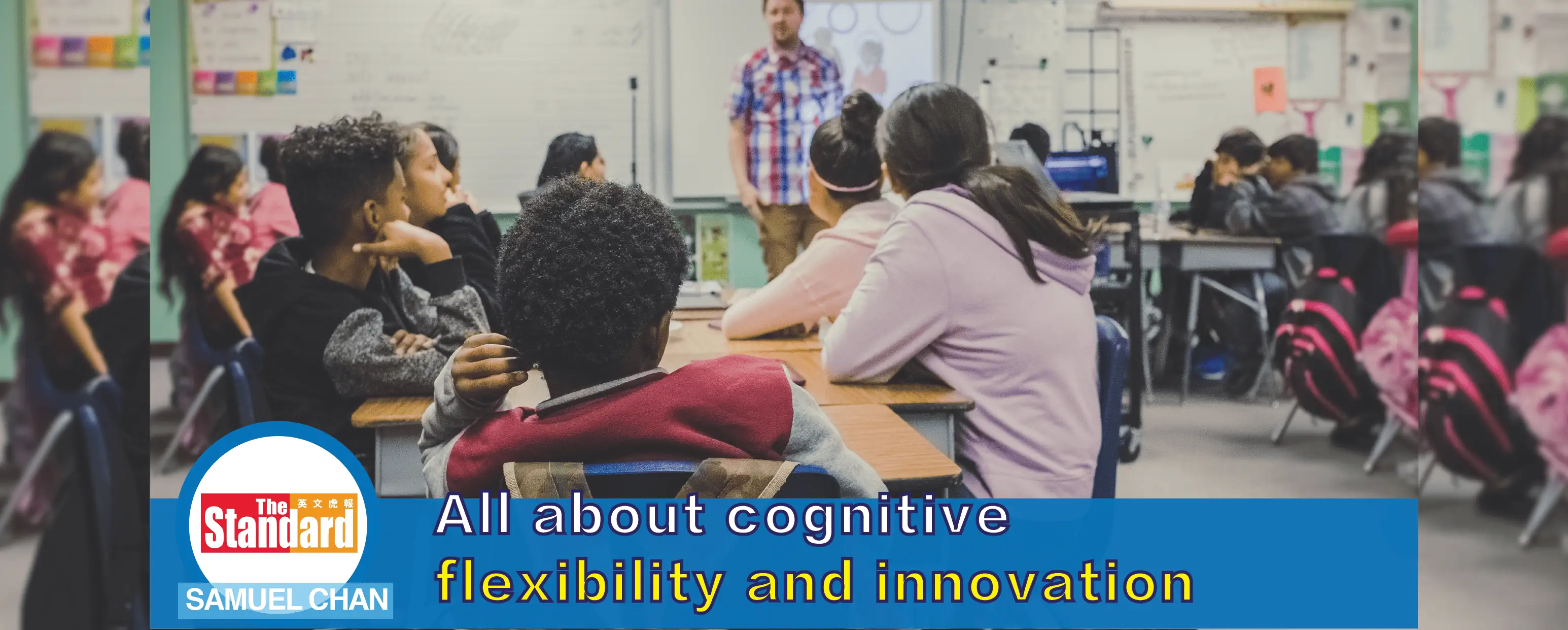If a law is immoral, is it still a law and must people abide by it? This is not an easy question to answer and it requires a very particular sort of thinking.
It’s actually a sample question for an Oxbridge interview. Anyone applying to study for a Law degree at Oxford or Cambridge would face at least one question of this kind during the interview process.
The point is that the candidate must show more than just the ability to memorize information and then repeat it at a later stage; the candidate must demonstrate cognitive flexibility.
Cognitive flexibility is something I’ve written about before and it’s a very important skill. The concept refers to the mind’s ability to adapt. It’s about applying knowledge and making use of different sorts of information to solve problems. It shows the thinker’s capacity to embrace diverse data and methodologies.
Top universities now are looking for cognitive flexibility in their applicants. They are also teaching it so that graduates can face the world better prepared to tackle the challenges that they will meet.
These challenges are a result of our innovative, global society. Many jobs that will become commonplace in the next decade or so haven’t even been invented yet.
The speed at which technology develops now is extraordinary and the rest of society has to respond.
The economy has to react to accommodate new markets; the laws have to adjust to police the new behaviour that results from the technology; the job market has to respond so that there are people to carry out the required tasks; and last but not least, the education we provide our children has to be forward-thinking.
Someone very familiar with the concept of cognitive flexibility is Yasmin Sarwar, co-founder of the world-renowned Cardiff Sixth Form College and one of the most passionate educators I have met.
Born and raised in Malaysia, she continued her education in the UK and has gone on to become a successful innovator in education, going beyond traditional methods to achieve very impressive results.
The question I opened with, about the morality of laws, is from Sarwar and her team.
In her current role as chief education officer at Oxford International College, her work helps students prepare to answer such questions in law and medicine (“Should someone be able to sell their kidney?” is an example) and for a whole range of courses at the world’s best universities.
So, what are universities actually looking for with these sorts of interview questions? How should a student answer?
Well, returning to the legal example, Sarwar and her team explain that with a problem of this kind, it’s not about coming up with a particular answer.
As a prospective student, you must show your thinking process and your grasp of the different points of view that could be involved in the debate.
The candidate must talk about the philosophical foundations of laws, illustrating awareness of the different approaches within the field. For instance, there is legal positivism – the position that says there is no necessary connection between law and morality.
And then there is natural law theory – which states that law and morality are irrevocably intertwined.
Sarwar advises that it’s also good to consider the matter of how society’s morality actually changes over time. For instance, at one time it was normal in UK boarding schools to use corporal punishment to discipline students. This would be unthinkable now and has been completely illegal for decades.
This goes to demonstrate how morality changes from generation to generation.
If you’d like to meet Yasmin Sarwar in Hong Kong, to hear more about cognitive flexibility and her inspiring ideas about the future of education, she will shortly be touring Asia. Get in touch with me for details and for expert guidance on all aspects of studying in the UK at samuel@britannia-study.com or by visiting www.britannia-study.com.

